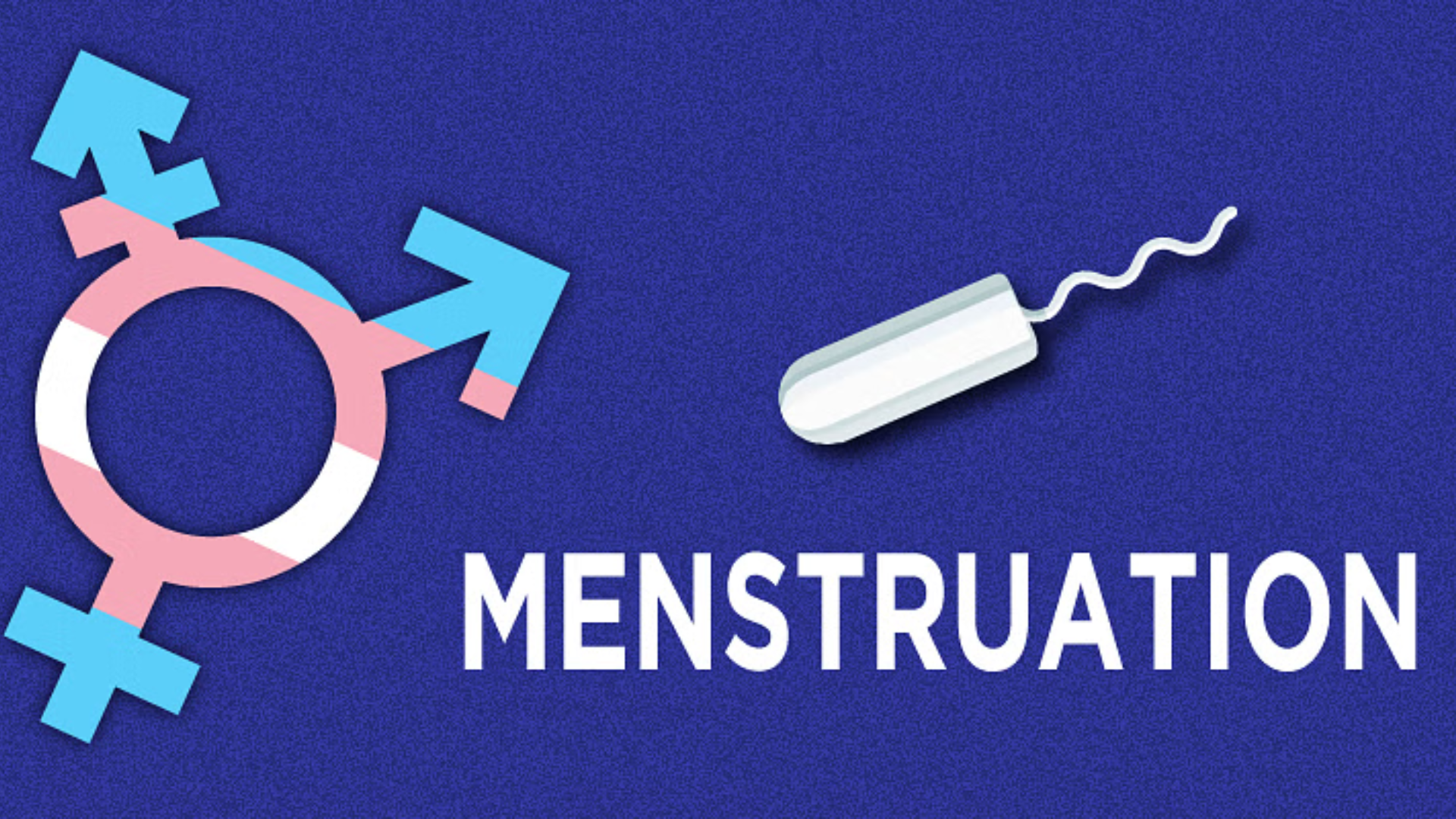There's no shortage of strategies for preventing sexual harassment in the workplace. However, most of them are already well-known and mandated by the (Prevention of Sexual Harassment) PoSH Law. These include creating a comprehensive PoSH Policy, establishing an Internal Committee and providing them with capacity-building training, conducting awareness programs for all employees, and displaying awareness posters throughout the organization. Since many companies likely already have these measures in place, let's explore some unique and effective strategies that can make a real difference at the ground level.
In this blog, we will not discuss the aforementioned commonly known PoSH Law mandated strategies. Instead, we will delve deeper and uncover innovative approaches that have proven to be impactful in the real world.
Strategy 1: Zero Tolerance - Prioritizing Accountability and Action in Response to Sexual Harassment Complaints
The most significant fear women have in reporting sexual harassment complaints is that their concerns will not be taken seriously, potentially leading to a counterattack by management or retaliation from the accused. Such apprehensions can undermine the organization's efforts and investments to prevent sexual harassment, rendering the entire exercise futile. Failure to report incidents due to a perceived lack of trust can also perpetuate sexual harassment.
It's crucial for organizations to remember that the absence of complaints does not equate to a lack of sexual harassment incidents. Therefore, employers must create a safe and trusting environment for employees to report incidents without fear of retaliation or backlash. Taking every complaint seriously can help foster an open and supportive work culture that prioritizes the safety and well-being of its employees.
What can be done to counter this fear of reprisal?
To counter the fear of reprisal, it is essential to include a clause in the PoSH policy and communicate it to all employees. The organization should pledge to take every complaint seriously and assure the complainant that they will not face reprimand for reporting. This message must be repeated often and emphasized by management to prevent it from being overshadowed by other matters.
In addition, it is crucial to highlight that the organization will not tolerate retaliation by the respondent or their supporters. To instill confidence in female employees, a trusted senior-level manager's cell phone number should be included in the communication, which they can use to report any sexual harassment or retaliation immediately.
However, it's not enough to merely provide a cell number. The organization must train all managers on how to handle complaints appropriately; otherwise, this initiative can backfire. If the senior-level manager does not respond promptly and appropriately, it can erode the trust the organization is trying hard to build.
What can be done after a sexual harassment complaint is filed with the IC?
After receiving a complaint, the IC should investigate it impartially and thoroughly, ensuring that both parties have an opportunity to present their version of events. The IC should also take interim measures to protect the complainant from further harassment, such as transferring the accused or placing them under suspension until the investigation is complete.
Throughout the process, it is critical to maintain the confidentiality of the complainant and the accused, as well as any witnesses who provided testimony. By doing so, the organization can ensure that it follows the PoSH Law and sends a clear message to all employees that it takes sexual harassment complaints seriously and will handle them carefully and carefully.
Strategy 2: Using Gender-Inclusive Language and Simplifying Legal Terminology for Enhanced Communication
In all PoSH training and related communication, it's crucial to use appropriate vocabulary that effectively conveys the message of women's safety in the workplace while being sensitive to both genders. Using legal and textbook terminology may create a disconnect with employees, and starting training with a mandatory PoSH Act disclaimer can adversely influence participants, as per studies. This approach can create animosity between men and women and has reportedly led to increased incidents of sexual harassment post-training.
When communicating with employees, keeping language simple and interactive with plenty of everyday examples is more likely to sensitize them. Management should ensure that communication does not sound threatening towards men or biased towards women. Given that the PoSH Law is gendered, this is a practical concern. It's important to use positive language that enhances team spirit and cohesion. Phrases like "We are in this together" are more effective than "You need to comply, or you will be penalized."
There is a real threat of male employees shunning female colleagues post-training. Therefore, it's essential to engage male allies to encourage their peers to continue talking to their female colleagues as they did before the training. Male allies can also help promote freewheeling conversations, albeit with more respect for boundaries.
Strategy 3: Enforcing Accountability - Implementing Timely and Effective Responses to Address Inappropriate Behavior
Once an inquiry is concluded, the IC shares the order or report with both parties and the employer. Although the employer has 60 days to take action on the IC's recommendations, it's critical not to prolong the wait for the complainant to get justice. Delays in disciplinary action may send a message to the complainant that their complaint was not worth making.
When employees know that the IC conducts a full inquiry on time and resolves matters fairly, and the organization takes swift action, this knowledge alone can make a tremendous difference in preventing incidents from occurring. It also encourages more women to come forward to report sexual harassment. Once the employer takes action, they must promptly notify the IC.
Since the PoSH Law does not state who should notify the complainant that the employer has taken action, she may not be aware of it. She may not know when to ask if the action has been taken, whom to ask (IC or management, and who in management), or how to follow up. Therefore, it's best if the IC informs the complainant that action has been taken, including what action has been taken, and who in management has taken it.
Strategy 4: Fair and Consistent Disciplinary Measures - Taking Action and Imposing Consequences
The punishment for a guilty respondent should be based on the severity of the sexual harassment and the impact it has had on the victim. An experienced and well-trained IC will know the difference between retributive punishments, which are intended to punish the guilty, and reformative punishments, which are intended to transform the respondent's behavior.
Retributive punishments may include a written apology, warning, reprimand or censure, withholding of promotion, withholding of pay rise or increments, or termination of the respondent from service. These are meant to hold the guilty party accountable for their actions and deter them from committing such acts in the future.
Reformative punishments, on the other hand, focus on transforming the respondent's behavior and attitude towards women. These may include counseling sessions and community service, where respondents work with NGOs or with women who have experienced sexual harassment. Such punishment aims to make the guilty party understand the impact of their actions on the aggrieved and help them change their behavior.
If you want to learn more about Bystander Intervention and how you can play an active role in preventing sexual harassment and other forms of violence, click here to read further.
Author: Sumali Nagarajan, AVP - Content & Training Editor: Akanksha Arora, AVP - Legal & Training
Disclaimer : No information contained in this website may be reproduced, transmitted, or copied (other than for the purposes of fair dealing, as defined in the Copyright Act, 1957) without the express written permission of Rainmaker Online Training Solutions Pvt. Ltd.











